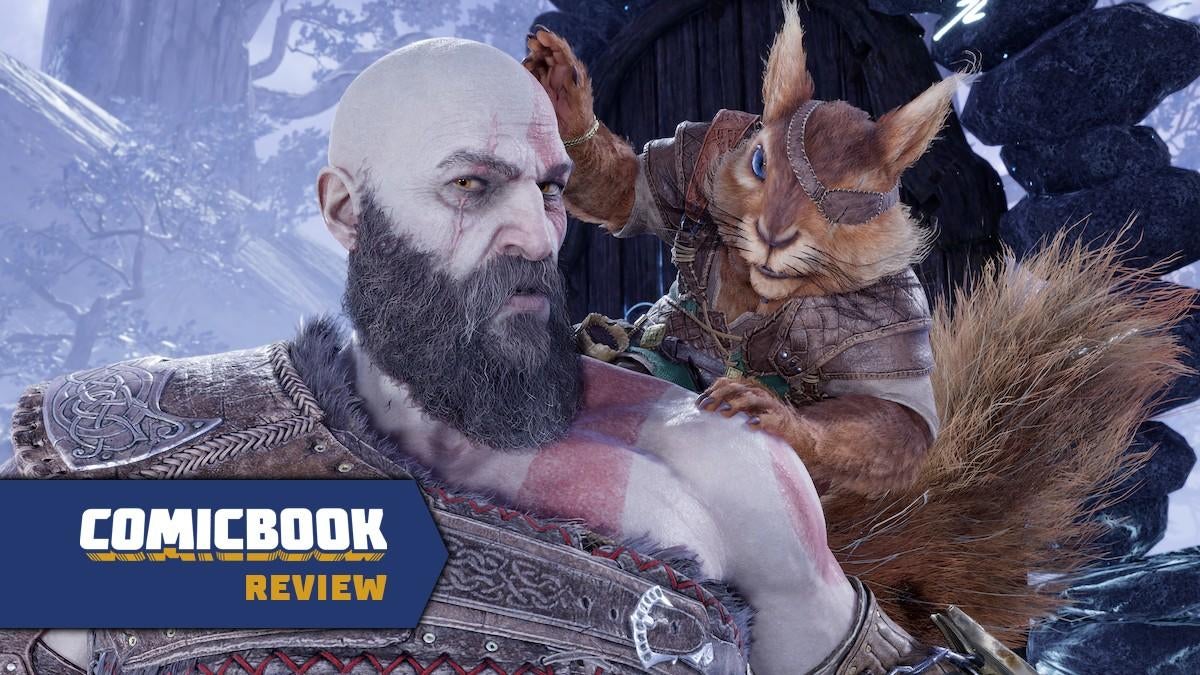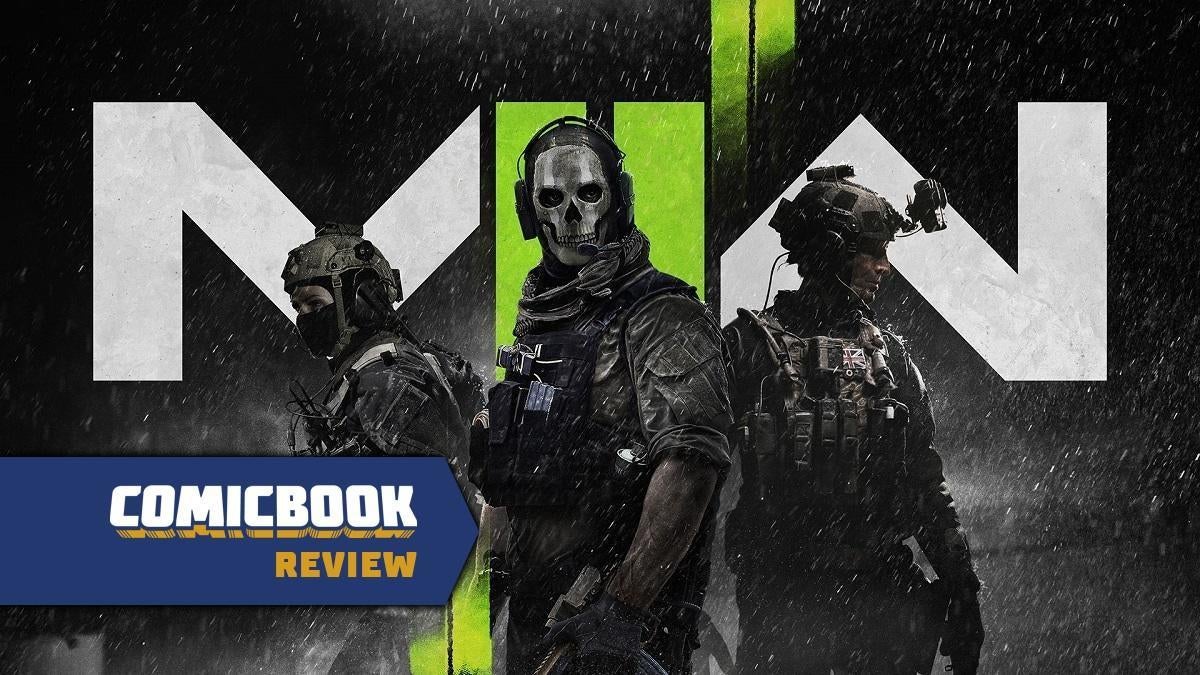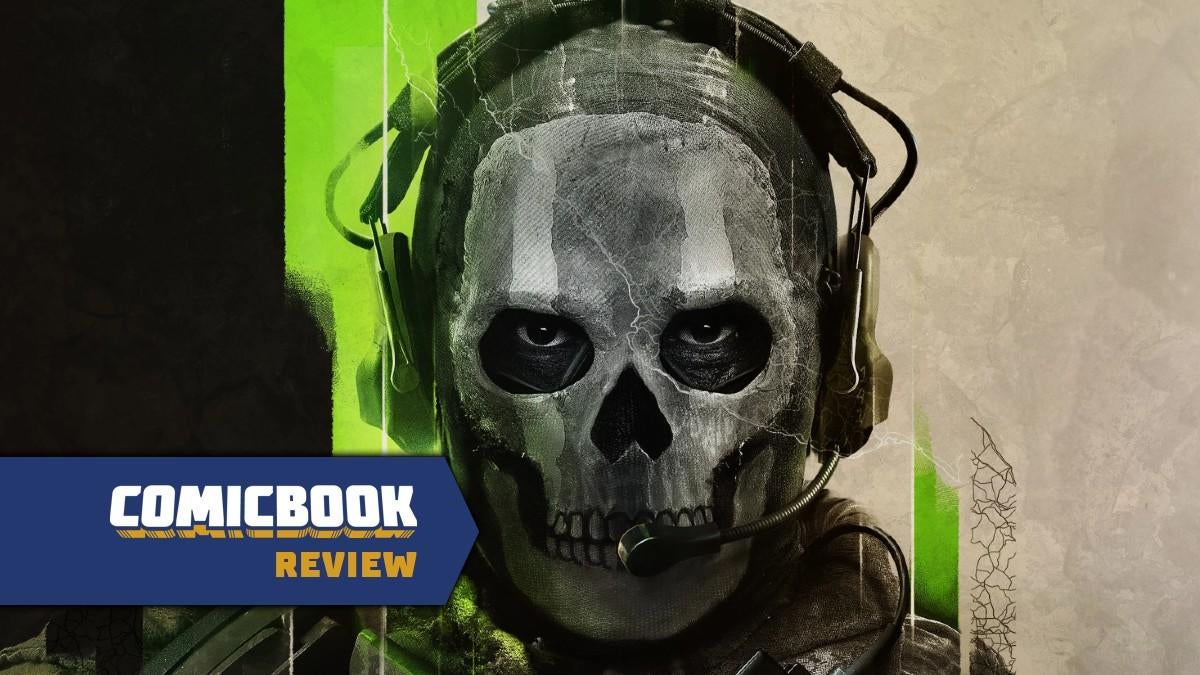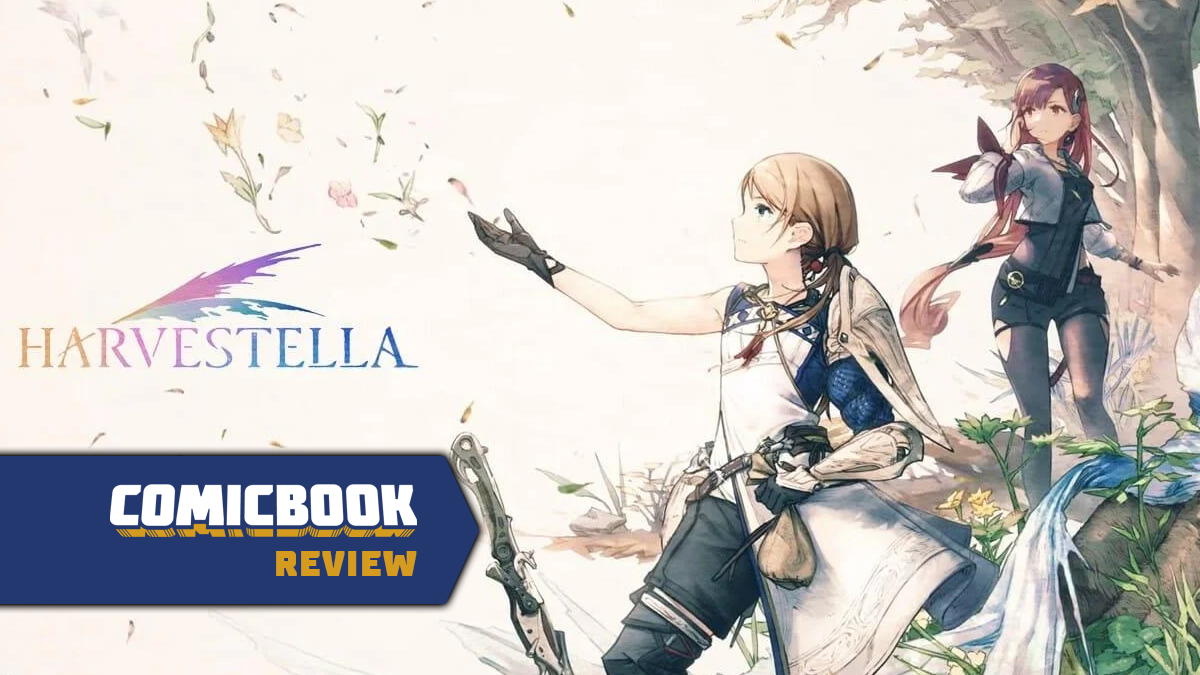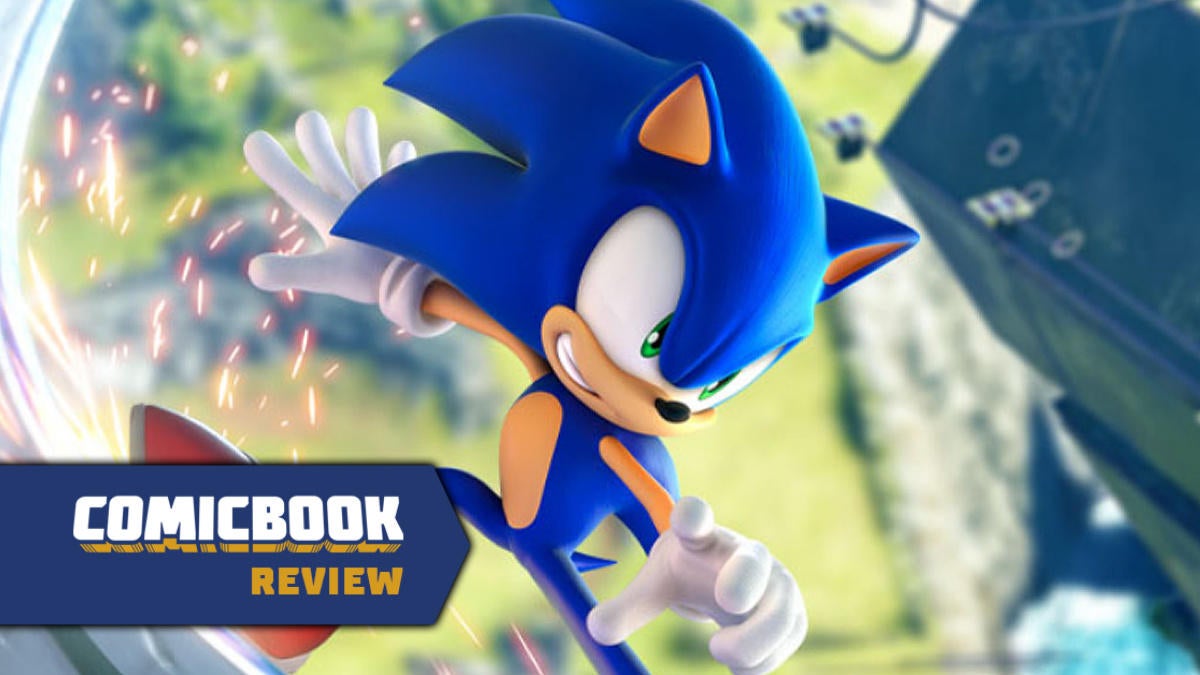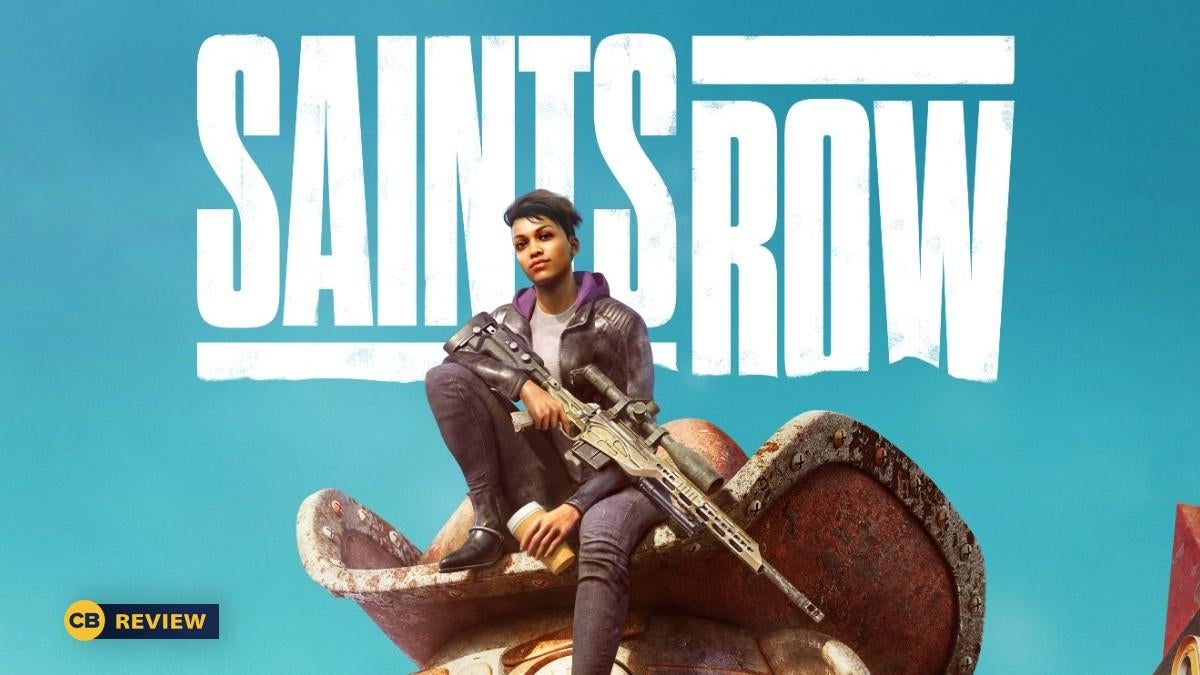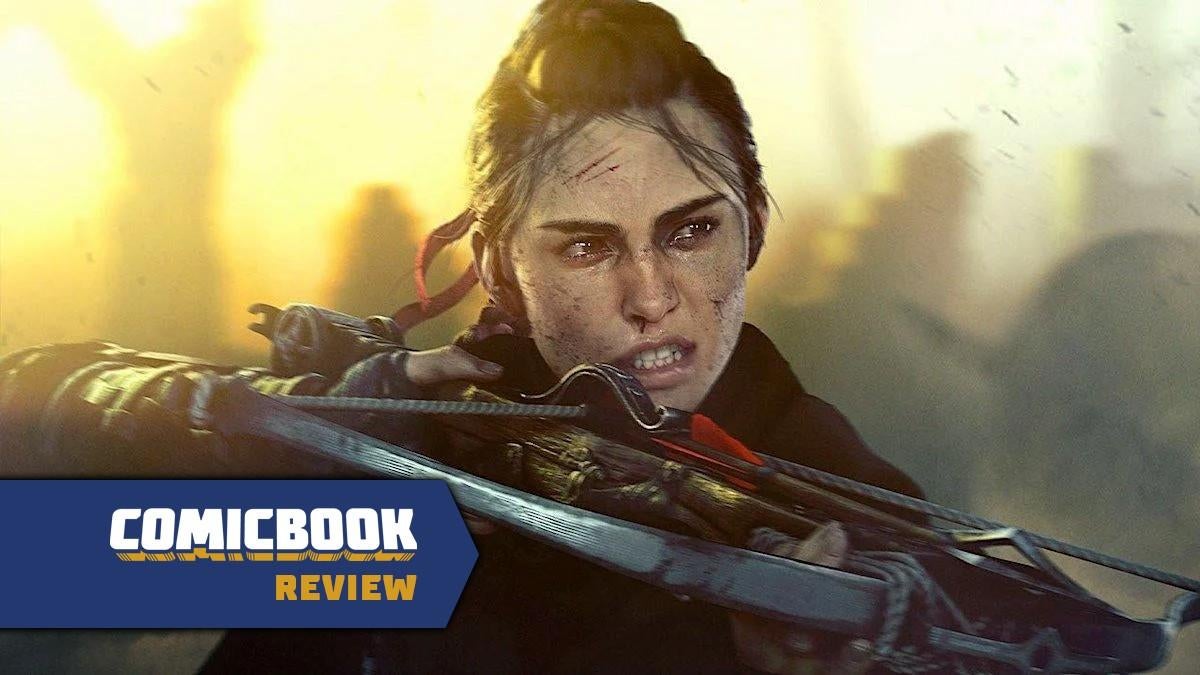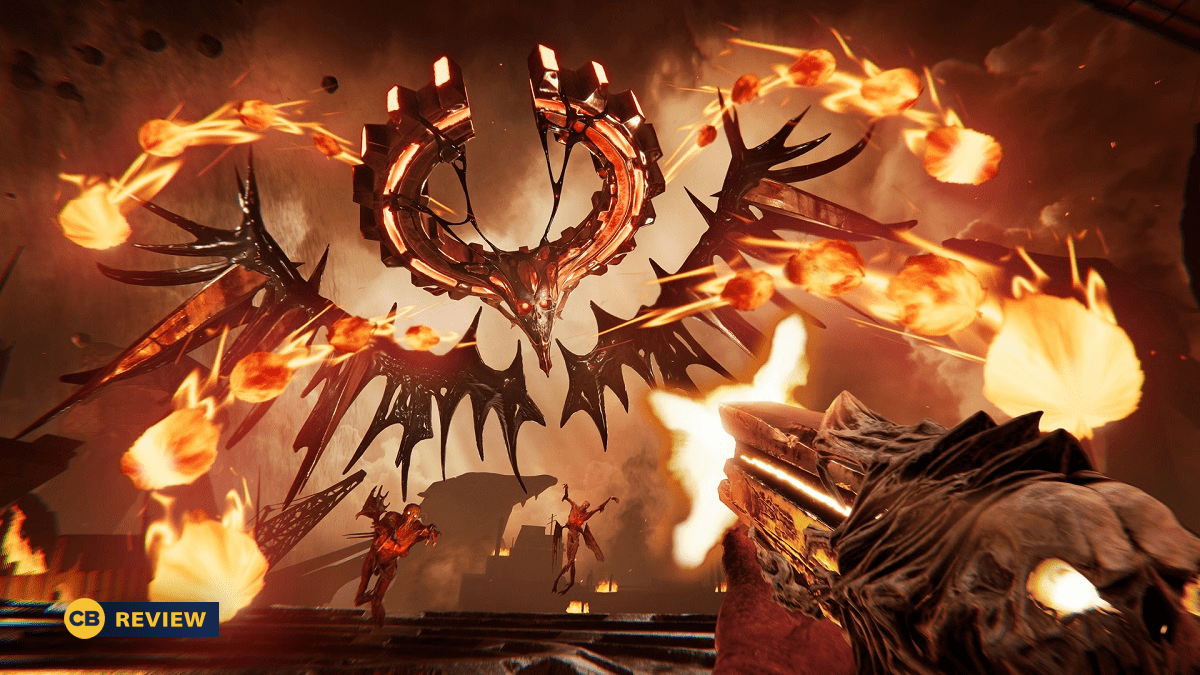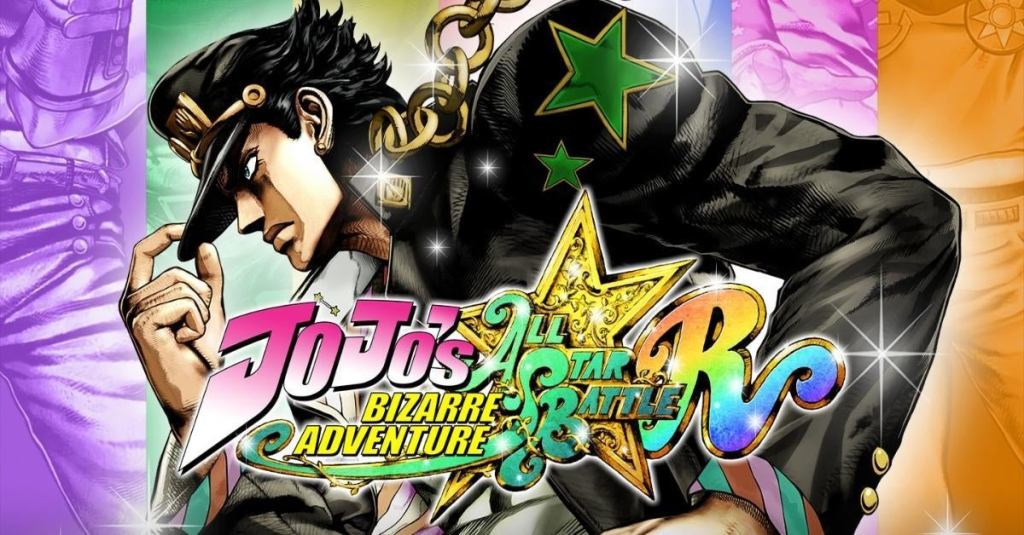Spoiler warning: This review contains minor gameplay spoilers for God of War Ragnarok.
God of War Ragnarok wasn’t quite the game I anticipated, but that’s not necessarily a negative. Since the 2018 God of War reboot, speculation about its sequel ran rampant. While Ragnarok doesn’t fully realize my wildest theories, the final product remains an exceptional achievement.
As the title suggests, God of War Ragnarok sees Kratos and Atreus confronting the prophesied apocalypse. Following the previous game’s events, the duo, along with their companions, brace for Ragnarok, a cataclysm destined to topple the Norse gods. Having witnessed one pantheon’s demise, Kratos strives to avert Ragnarok, while Atreus seeks to understand his role in the unfolding chaos. Ragnarok’s narrative, while straightforward in premise, explores powerful themes of fate, mortality, family, and redemption.
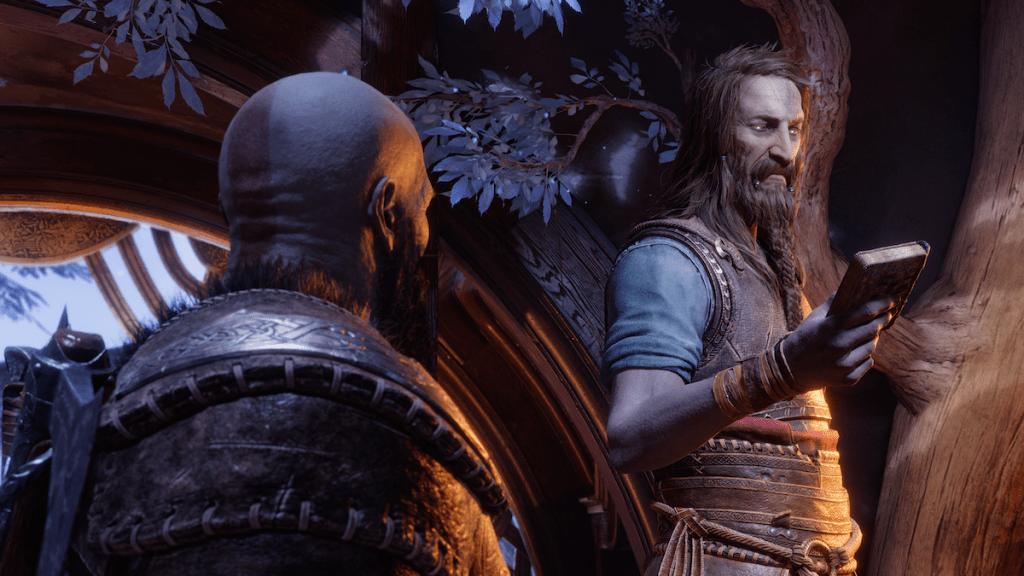
However, Ragnarok’s pacing occasionally falters. My 30-hour playthrough, including several side quests, felt somewhat bloated. Certain mid-game missions could have been omitted without sacrificing narrative depth. While these sections offer compelling writing and character development, their contribution to the core narrative feels less impactful.
The constant emphasis on fate diminishes the element of surprise. Ragnarok often foreshadows future events, minimizing the impact of major plot points. While this serves the narrative purpose of driving Kratos and Atreus to defy their predetermined destinies, it also removes the potential for genuine shock, especially for those familiar with Norse mythology.
Ragnarok excels in delivering compelling character moments. The 2018 reboot resonated due to its larger-than-life yet relatable characters. Kratos and Atreus, alongside supporting characters like Brok, Sindri, Mimir, Freya, and Baldur, captivated players. Similarly, Ragnarok’s greatest strength lies in its cast and their interactions.
Ragnarok not only expands on established characters but also introduces new figures. Meeting characters like Thor and Odin, previously established through myths and in-game lore, offers fascinating insights into their roles within this world.
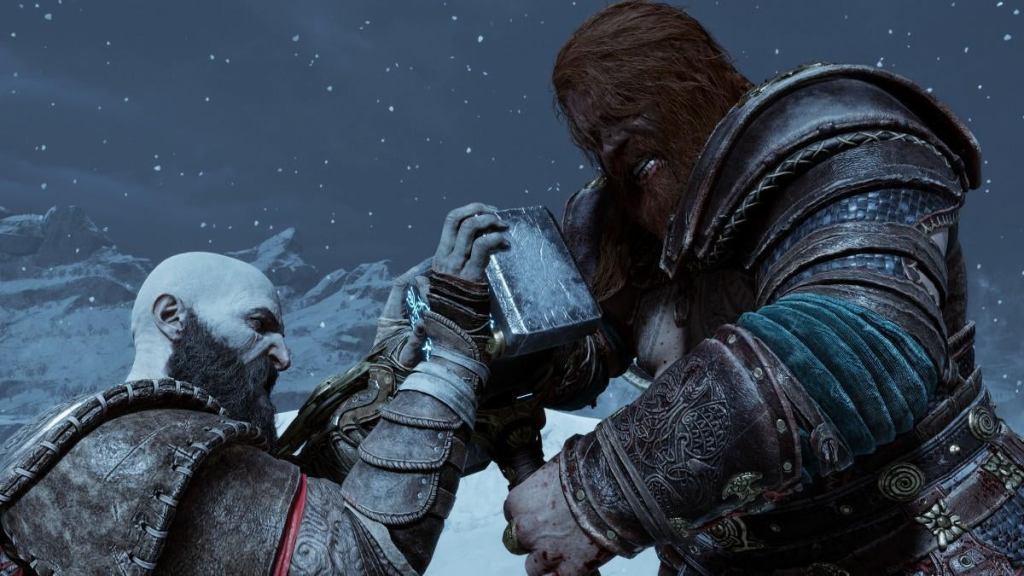
Thor and Odin stand out as the most compelling antagonists. Thor, surprisingly nuanced, serves as an excellent foil to Kratos. Odin represents a unique archetype within the series. His motives remain shrouded in mystery, constantly prompting the player to question his true nature and the validity of previously held beliefs.
The performances are uniformly outstanding. Christopher Judge and Sunny Suljic reprise their roles with remarkable depth, Suljic’s portrayal of Atreus particularly shining. Ryan Hurst’s Thor is impactful, leaving the player wanting more. Richard Schiff’s Odin steals every scene, proving a brilliant casting choice. Alastair Duncan’s Mimir, the self-proclaimed “Smartest Man Alive,” is a personal favorite.
Beyond the narrative, God of War Ragnarok’s core gameplay revolves around Kratos’ brutal combat prowess. The combat mechanics remain largely unchanged from the previous game, with minor refinements. New abilities enhance Kratos’ mobility, puzzle-solving capabilities, and combat versatility.
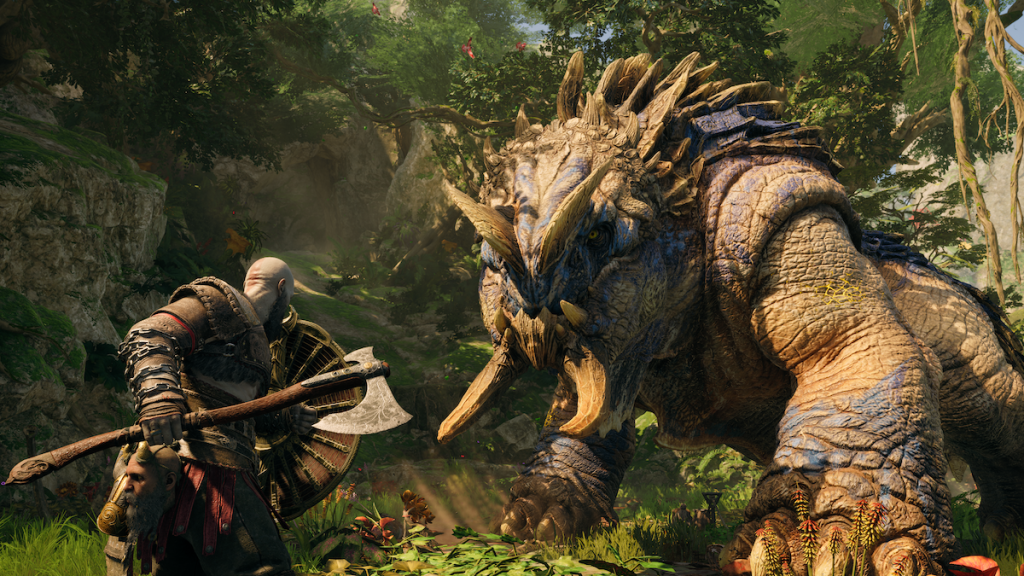
Ragnarok introduces a new weapon that significantly alters combat dynamics. Without revealing too much, this unexpected addition initially felt underwhelming, but eventually proved a valuable asset alongside the Leviathan Axe and Blades of Chaos. Ragnarok maintains the fluid combat flow of its predecessor. Seamlessly switching between weapons never disrupts the pace of battle. Late-game boss fights leverage this fluid combat system to great effect.
A significant gameplay shift is the ability to play as Atreus. This unprecedented addition, kept secret pre-release, offers a new perspective on the combat. While enjoyable, Atreus’ bow-focused gameplay lacks the visceral impact of Kratos’ close-quarters combat. The bow’s inherent limitations make combat feel less responsive and dynamic. While Atreus’ playable sections are a welcome addition, Kratos remains the preferred protagonist.
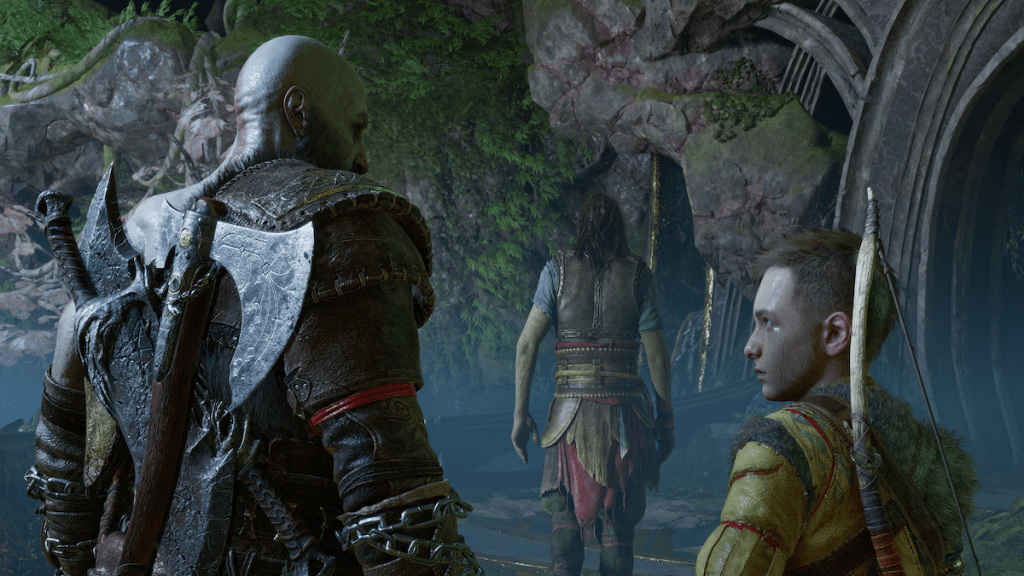
Ragnarok’s gear system feels more cumbersome than its predecessor. While the progression system of upgrading armor and abilities remains satisfying, the sheer volume of options becomes overwhelming. Despite the “Auto Equip” feature, determining the optimal gear combinations proves challenging, creating uncertainty about resource allocation. A more streamlined system would significantly improve this aspect.
Ragnarok enhances skill trees with additional modifiers. By repeatedly using specific abilities, players unlock upgrade options that further enhance their effectiveness. This system encourages experimentation and rewards players for utilizing Kratos’ full arsenal. Mastering a variety of combat techniques becomes essential for overcoming challenging encounters.
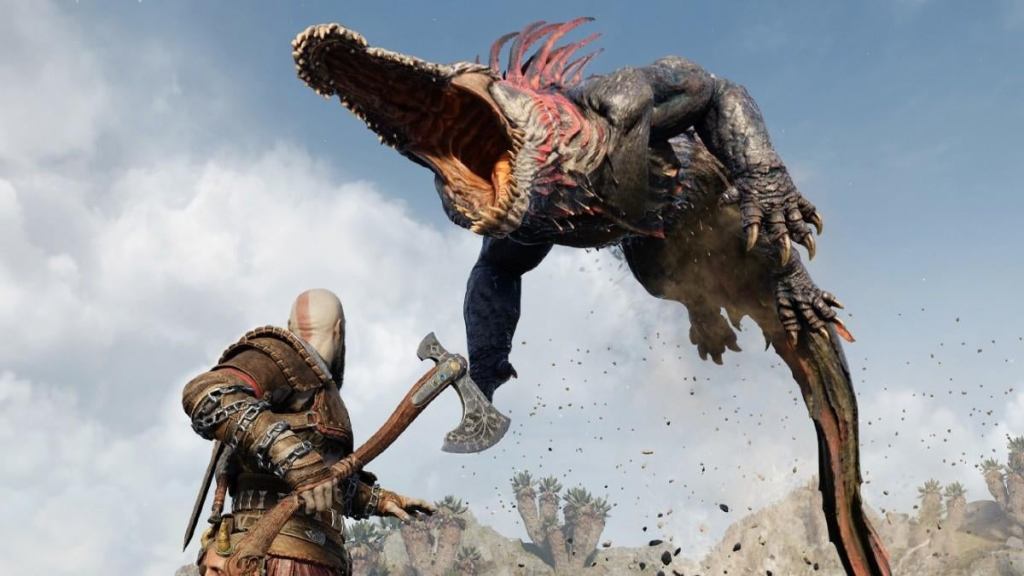
Ragnarok’s extensive post-game content offers further challenges. Numerous side quests provide diverse experiences, ranging from combat encounters and collectible hunts to narrative-driven missions. The narrative-focused side quests, which expand on the Norse world and its inhabitants, are particularly rewarding. The high-quality writing extends to these optional missions, making them a natural extension of the main storyline.
Exploring the Nine Realms offers a diverse visual feast. While returning realms remain largely unchanged from the previous game, new areas like Svartalfheim and Asgard showcase Santa Monica Studio’s exceptional artistic talent.
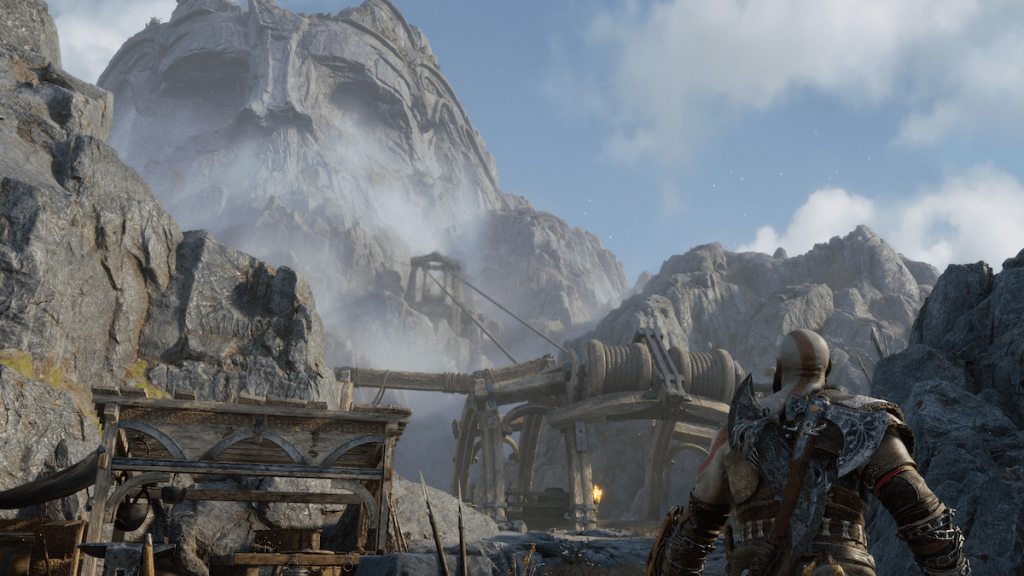
Bear McCreary’s score elevates the exploration experience. Building on the previous game’s musical themes, McCreary delivers a more impactful and dynamic soundtrack. Each realm boasts its own distinct musical identity, while key moments are underscored by a powerful and memorable score. McCreary surpasses his previous work, creating one of the most impressive video game soundtracks to date.
Despite its flaws, God of War Ragnarok remains an excellent game. Even with high expectations, it delivered a thoroughly enjoyable experience from its explosive beginning to its emotionally resonant conclusion. While certain issues from the previous game persist, Ragnarok is a worthy successor that fans will undoubtedly appreciate.
Rating: 4.5 out of 5
God of War Ragnarok launched on November 9th for PlayStation 5 and PlayStation 4. This review was conducted on a PS5 copy provided by PlayStation.



